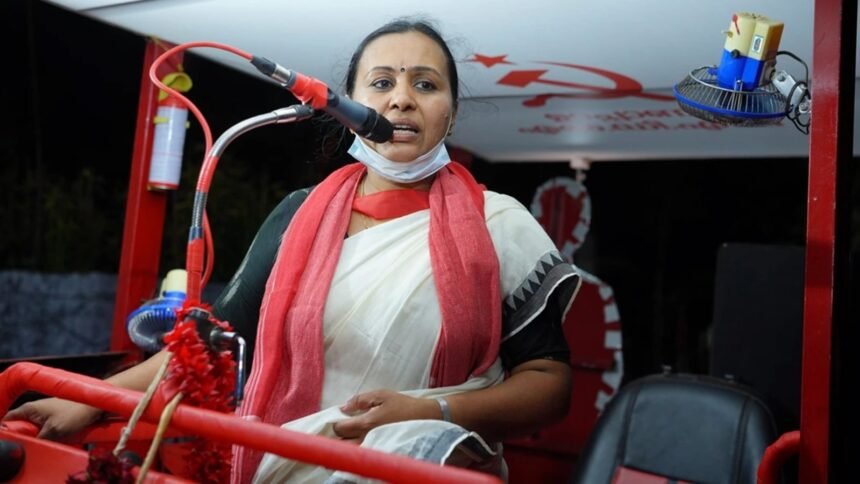Higher detection and stricter guidelines were responsible for a spike in primary amoebic meningoencephalitis (PAM) cases in Kerala, the state government has said – a remark that comes as the state recorded 19 deaths from the brain-eating amoeba disease in this year.
Replying to an adjournment motion in the Assembly for a debate moved by the Congress-led United Democratic Front, Health Minister Veena George said higher detection is leading more cases to be classified as PAM instead of encephalitis.
PAM is caused by Naegleria fowleri, an amoeba found in soil and freshwater such as lakes, rivers, and ponds, as well as untreated swimming pools. The disease is almost always fatal, with a fatality rate of 97 percent.
On the other hand, encephalitis is a general term for inflammation of the brain.
According to data from Kerala’s health department, as of 16 September, the state had this year reported 71 positive cases, of which 19 died. In the last calendar year, the state had 36 confirmed cases with nine deaths, whereas in 2023 only two cases were detected.
In her reply, George cited studies to say that the cause of 70 percent of encephalitis deaths in India is not detected. However, in Kerala, the health department has strict orders to investigate the cause of all encephalitis cases, even bringing guidelines for diagnosis and treatment of PAM in 2024.
“This is not an epidemic. What is wrong in detecting the PAM cases that would have been otherwise reported as encephalitis? Early diagnosis is very important in saving lives. Globally, the fatality rate of the infection is 97 per cent, and in Kerala, we could bring it down to 24 percent,” she said, adding: “The Kerala government had taken preventive steps. All districts have microbiology lab facilities for testing for PAM”.
Story continues below this ad
Indian Union Muslim League member N. Samsudheen, who moved the adjournment motion, alleged that PAM cases were being reported across the state and that there was an “attempt to suppress the real figures”.
“Only two days after allegations in the media, the government released the exact figures of the PAM cases,” he said.
Typically, amoeba in PAM enters the body through the nose and, without early intervention, progresses rapidly. Although the disease is suspected to have been around for at least a century — with the first suspected case in Britain in 1909 — Kerala recorded its first case in 2016.








